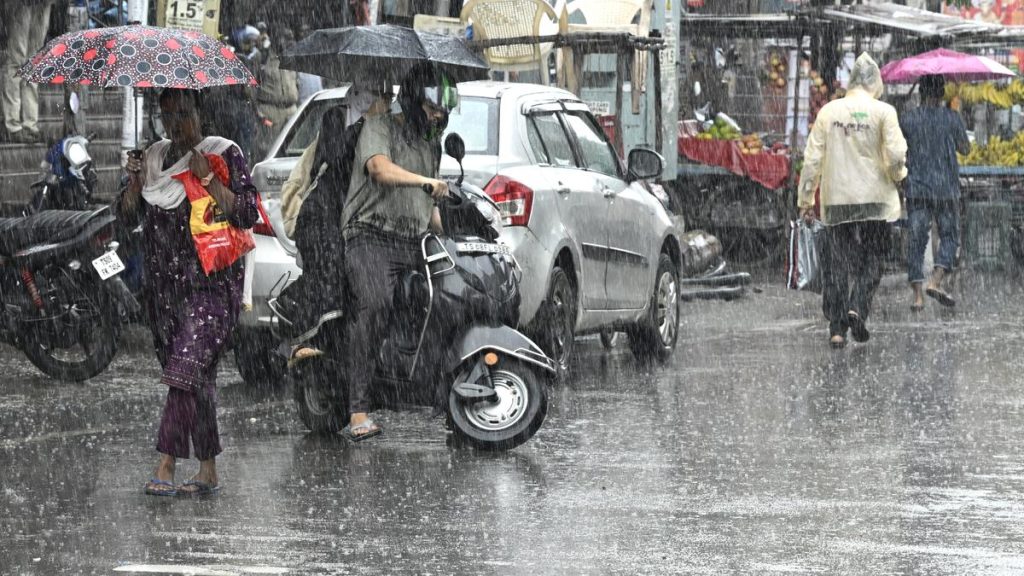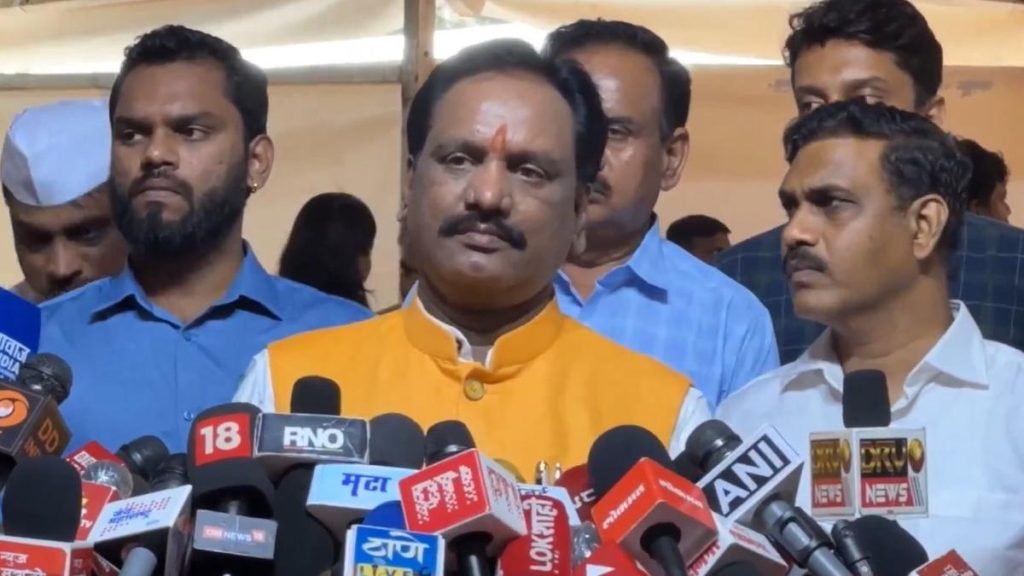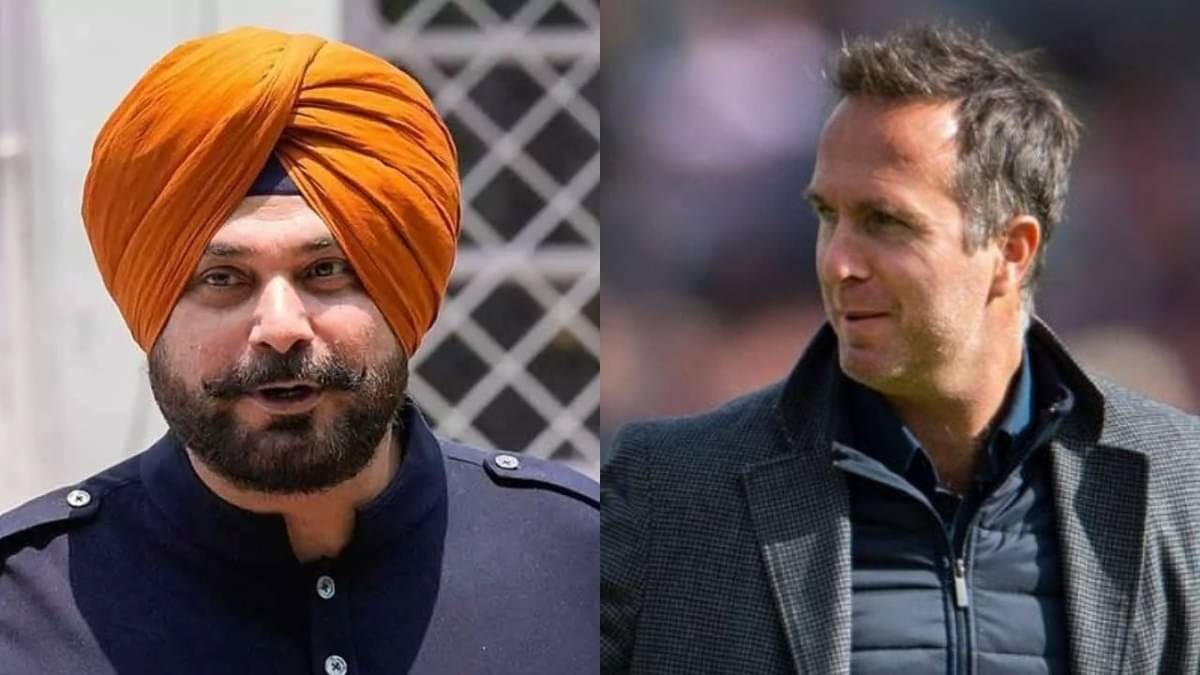Now Reading: IDF Chief Warns of Prolonged Campaign as Trump Eyes Iran’s Next Move
-
01
IDF Chief Warns of Prolonged Campaign as Trump Eyes Iran’s Next Move
IDF Chief Warns of Prolonged Campaign as Trump Eyes Iran’s Next Move

Quick Summary
- Operation Details: Israel’s IDF Chief of Staff Lt. Gen. Eyal Zamir officially announced on June 20, 2025, that the nation is prepared for a “prolonged campaign” against Iran due to heightened security threats from Tehran.
- Threats Identified: Iran has advanced its missile arsenal from approximately 2,500 surface-to-surface missiles to projections of 8,000 within two years and continues nuclear development while supporting groups like Hezbollah and hamas.
- Preemptive Strikes: Israel began Operation “Rising Lion” on June 13,targeting iranian nuclear sites and missile infrastructure to neutralize growing threats. Half of Iran’s missile assets were reportedly destroyed.
- Domestic Impact: Iranian retaliation has lead to missile strikes hitting Israeli cities; Zamir stressed the importance of home front strength amidst broader defensive and offensive measures.
- Failed Diplomacy in Geneva: Diplomatic efforts involving the United States failed as no resolution emerged with Iran. President Donald Trump signaled hesitance for direct U.S involvement but left room for potential escalation after giving a brief timeline for progress (“two weeks at maximum”).
Link: Read More
Indian Opinion Analysis
The situation reflects intense geopolitical maneuvering with implications far beyond regional boundaries.The Israeli operation against Iran underscores how nations grapple with existential security concerns in the face of evolving military technology-such as rapid missile production rates-and expanding proxy influence networks.
India’s position is unique as it maintains diplomatic ties with both Israel and Iran while engaging closely on energy dependency issues in West Asia.This conflict could complicate access to key energy markets if escalations interrupt stability across vital shipping routes or international relations deteriorate further. Moreover, diplomatic fatigue exhibited in Geneva highlights difficulty in multilateral mediation-a factor India might consider when navigating its own border disputes within larger global frameworks.
While not directly involved, India could observe this campaign as an example where preemptive strategies are weighed heavily over long-term negotiation processes-a significant precedent given India’s nuanced approach toward external security frameworks.
























